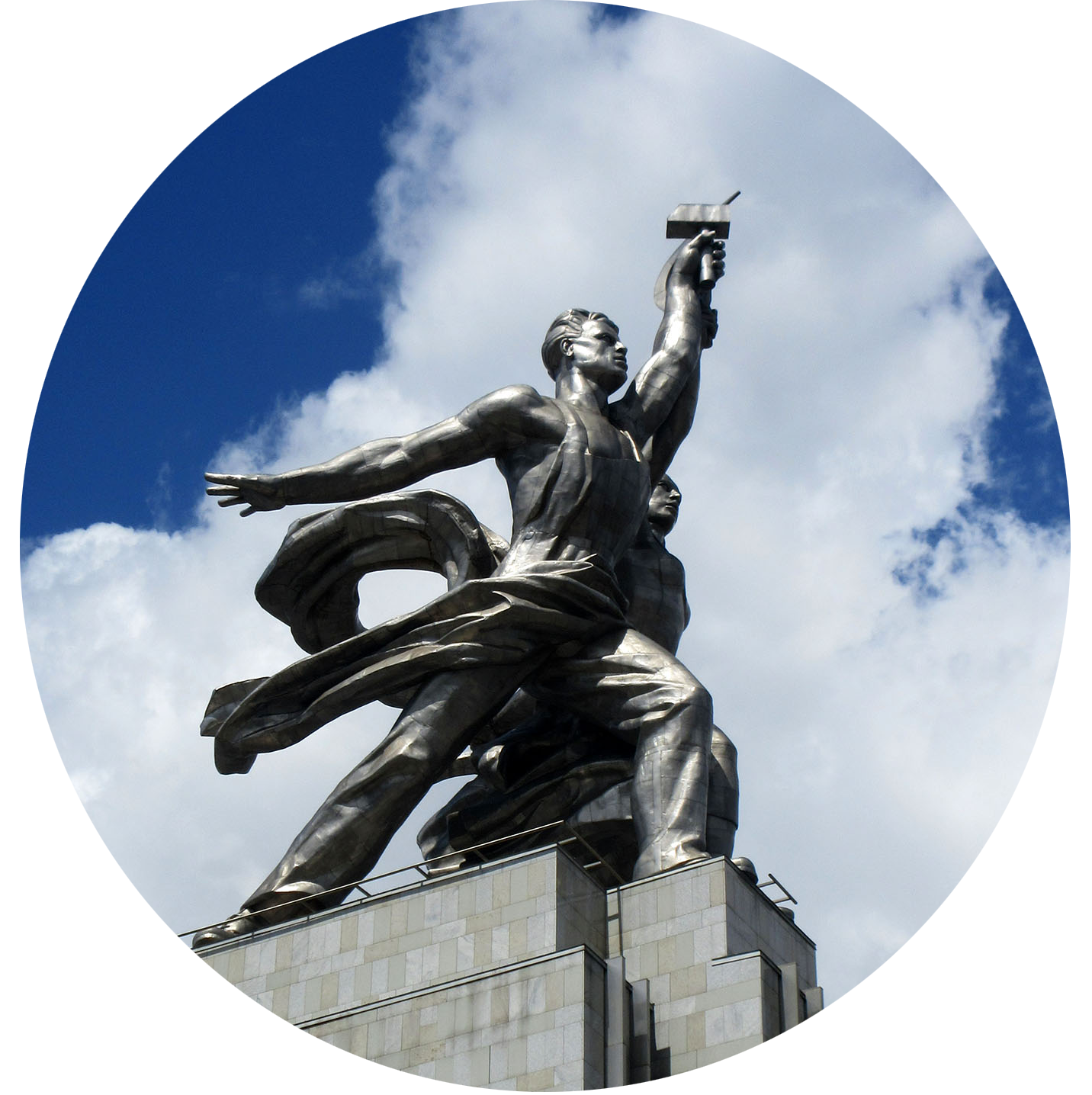Pasternak: Let Us Strew Words…
Great Swamp National Wildlife Refuge in New Jersey.
I’ve been meaning to post this poem for a long time, as it’s one of my favorites. It is not easy to translate, purely in terms of literal meaning — but in any case the beautiful sounds of the original are lost. Pasternak is probably my favorite Russian poet, in part because I think the sheer sound of his poetry is so distinctive. I would say that the penultimate stanza — which finally, and as if reluctantly, answers the litany of questions — Who? Who? Who? — is in my view simply astounding. It reveals all of the details recorded thus far in the poem as the work of a loving Creator, and very simply (the omnipotent God of details, and of love) unites the ideas of love and attentiveness to detail — that nothing is too small for God — before adding the rather puzzling final line: this is the God not only of details, and of love, but also “of Jogailas and Jadwigas.”
I often tell students that good poetry — GOOD poetry, mind you — usually does make sense; it has an internal rigor to it, almost the way a philosophical text is expected to. So we should expect this stanza to have a certain coherence, even when, at first glance, it seems not to. On the one hand, “of Josailas and Jadwigas” seems like a completely random detail — and this is probably precisely the point. And yet this line might be understood as the culmination of the first two — the consummation of the concepts “detail” and “love.” To explain, Jogaila was the Grand Duke of Lithuania whose marriage to his Polish queen Jadwiga formalized the union of the two countries (one Christian, one, until recently, pagan) into a major European power — the Polish-Lithuanian Commonwealth. Perhaps this line is meant to illustrate the intersection between the seeming contingency of “detail” with the sweep of history — by highlighting these very unusual (to the Russian ear, at least) names. What sense could there be in the collision of these strange names, these seemingly random strings of syllables — Jogaila and Jadwiga? Of course, they’re made even more strange by being used in the plural, as though the great dramas played out on the stage of history are repeated by countless people whose lives and loves — though seemingly infinitely contingent and meaningless — are part of the cosmic design of a God who reveals his own love through his absorption in precisely these details of his Creation — every leaf, every human being, every encounter.
In any event, the final declaration that life is detailed — that, in a sense, the details are the essence — and that the mystery of death is really of little concern, or even interest, to anyone truly caught up in the miraculous details of life — is something I’ve found very thought-provoking over many years. Suffice it to say, I think this is an absolutely remarkable poem.
Давай ронять слова…
Мой друг, ты спросишь, кто велит
Чтоб жглась юродивого речь?
Давай ронять слова,
Как сад -— янтарь и цедру,
Рассеянно и щедро,
Едва, едва, едва.
Не надо толковать,
Зачем так церемонно
Мареной и лимоном
Обрызнута листва.
Кто иглы заслезил
И хлынул через жерди
На ноты, к этажерке
Сквозь шлюзы жалюзи.
Кто коврик за дверьми
Рябиной иссурьмил,
Рядном сквозных, красивых
Трепещущих курсивов.
Ты спросишь, кто велит,
Чтоб август был велик,
Кому ничто не мелко,
Кто погружён в отделку
Кленового листа
И с дней экклезиаста
Не покидал поста
За теской алебастра?
Ты спросишь, кто велит,
Чтоб губы астр и далий
Сентябрьские страдали?
Чтоб мелкий лист ракит
С седых кариатид
Слетал на сырость плит
Осенних госпиталей?
Ты спросишь, кто велит?
— Всесильный Бог деталей,
Всесильный Бог любви,
Ягайлов и Ядвиг.
Не знаю, решена ль
Загадка зги загробной,
Но жизнь, как тишина
Осенняя,— подробна.
1917
Let Us Strew Words…
My friend, you ask: who is it that ordains
That the speech of the Holy Fool catch fire?
Let us strew words
As a garden strews amber and zest —
Distractedly, and generously,
Just barely, barely, barely.
There’s no use in discussing
Why the leaves
Have been so ceremoniously splashed
With madder root and lemon.
Who made these needles well up like tears,
And pour through the slats,
Through the flood-gates of the blinds,
Upon the sheets of music by the bookshelf.
Who dyed the doormat
With rowanberries,
And made of it a canvas of transparent, beautiful,
Quivering italics.
You ask: Who is it that ordains
That August be great —
Who is it, for whom nothing is too small,
Who’s completely absorbed in putting the finishing touches
On a maple leaf,
And, since the days of the Ecclesiast,
Has never left his post,
Hewing alabaster?
You ask: who is it that ordains
That the September lips
Of asters and dahlias suffer?
That the tiny leaves of the snap willows
Drift down from the gray caryatids,
Upon the dampness of the flagstones
Outside autumnal hospitals?
You ask: Who thus ordains?
The omnipotent God of details,
The omnipotent God of love,
Of Jogailas and Jadwigas.
I don’t know whether or not
The riddle of the darkness of the tomb has been resolved;
But life, like the silence
Of autumn, is — detailed.

